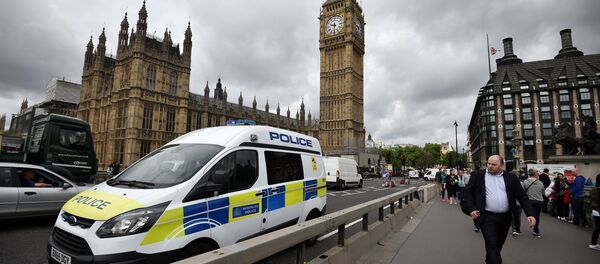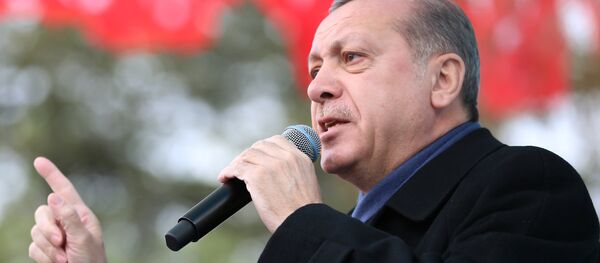MOSCOW (Sputnik) — US reports placing the blame on Russian hackers for a late May breach of Qatar's news agency with pro-Iran anti-US foreign policy comments attributed to the Qatari emir are untrue, the Kremlin spokesman told Sputnik.
"Another fake," Dmitry Peskov said Wednesday when asked to comment on a CNN report citing anonymous US officials briefed on the investigation.
When asked if the Kremlin was planning to do anything to remove the topic of "Russian hackers" from the headlines, Peskov said that Moscow could not interfere in the editorial policy of the CNN, adding that the only thing to be done was to strive for a better "culture of journalism, and quality of journalism."
US media gave no evidence to back the allegations, Russian Foreign Minister Sergei Lavrov said.
"I think that CNN, like some other media outlets, is not worthy of this title and is more of a 'mass disinformation media'," Lavrov said at a briefing with his Spanish counterpart. "They are only waiting for… some scandal to put this episode on a list of transgressions committed by Russia, 'Russian hackers' or anyone else associated with Russia."
Meanwhile, Russian Deputy Foreign Minister Sergei Ryabkov said the issue of Russian hackers has become very fashionable, but Russian state agencies have nothing to do with hackers.
"This topic has somehow become very fashionable and popular. We have repeatedly explained, including on the highest level, that Russian state structures do not have and cannot have anything to do with hacking," Ryabkov told reporters.
The Qatari Foreign Ministry rejected the accusations of Doha's interference in other countries' domestic affairs and expressed regret over the decision of the Gulf States to cut off the diplomatic ties with it.
However, Riyadh, Abu Dhabi and Manama considered this refutation to be unconvincing and continued to insist that the words about the normalization of relations with Iran really belonged to the emir.
The relations between Iran and the Arab states of Persian Gulf, especially Saudi Arabia, are strained due to the differences of positions on a range of regional conflicts.




